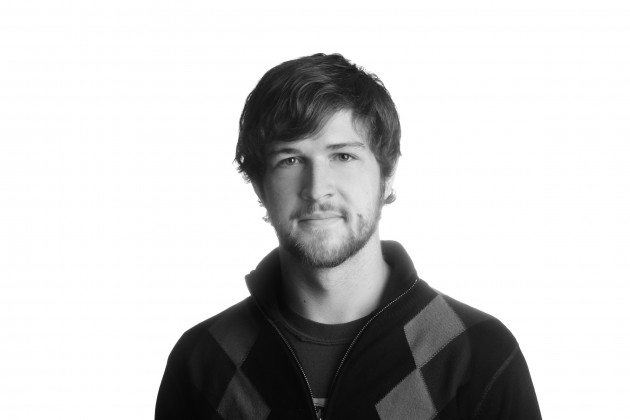
As I watched the images of animated crowds gathering outside the White House and in lower Manhattan last Sunday night, I could not help but wonder exactly what was being celebrated in the chants and songs resounding in the streets. In spite of the unquestionably murderous acts perpetrated by Osama bin Laden and his followers around the world, it remains troubling that this cathartic "Mission Accomplished" moment, which ten years and two wars have failed to provide, could only arise from a political killing committed thousands of miles away. President Obama solemnly declared that justice had been done, and most of those interviewed on the news echoed his pronouncement. Rather than take such sentiments for granted, we ought to consider precisely what we believe justice to be.
We must first clarify what happened. Saying that Osama bin Laden died is misleading. He was assassinated in a covert mission by United States operatives. While the administration claims there was a contingency plan to capture Bin Laden alive, officials have also admitted that Bin Laden was unarmed when he was shot in the head. Obama's administration followed the same mythical, "Wanted Dead or Alive," wild west logic of justice that former president George W. Bush laid out in 2001. Declaring bin Laden an enemy combatant, they circumvented the procedural justice enshrined in the values of our judiciary system, even though legal procedures are far from unprecedented for violent leaders like Bin Laden. Slobodan Milosevic, Charles Taylor and Saddam Hussein all had trials, whether in their own countries or in international forums.
However, the preference among American officials for extralegal assassinations has a long history as well. This latest installment reflects the dangerous idea that we may withhold legal rights from certain accused criminals based on the nature of their suspected crimes and, if not explicitly, on their national origin and religious belief. We do not have to look far to see the frightening consequences of this shift within our own borders.
Almost anyone can recount a story of profiling in airport security screenings. Leaked secret documents have revealed the horrific treatment of prisoners at Guantánamo. Legal manipulation in connection with terrorism trials has quietly become commonplace, as in the case of Syed Fahad Hashmi. An American citizen of Pakistani origin, student-activist and Muslim, Syed was held for four years without trial and manipulated into accepting a plea bargain which saw him incarcerated in a Supermax prison. He was accused of having briefly housed an acquaintance that later delivered ponchos, raincoats and socks to an al-Qaeda leader in Pakistan.
Beyond the disturbing implications of our de facto redefinition of justice, we must ask ourselves an even bigger question: Is true justice to be found in vengeful or punitive measures or in actions that address the conditions inciting people to hatred and hostility? Is Bin Laden's death a victory for the United States, for freedom and morality, or is it just one more moment in an ongoing cycle of marginalization and violence? Do our actions at home and abroad reflect our stated belief that all people are created equal or reflect an ideology of power and exclusion?
Bin Laden's assassination punctuates a tragic chapter in contemporary history. Before we go into the streets in celebration, we should take this moment to reflect on our own history in the Middle East and central Asia, on our treatment of prisoners in places like Abu Ghraib and Guantánamo and on stories like that of Syed Fahad Hashmi. Then, when we do go into the streets, may it be for the sake of peace instead of in the name of violence.
— Brauer is a senior from Wheaton, Ill., majoring in romance languages.
opinion@thedepauw.com
